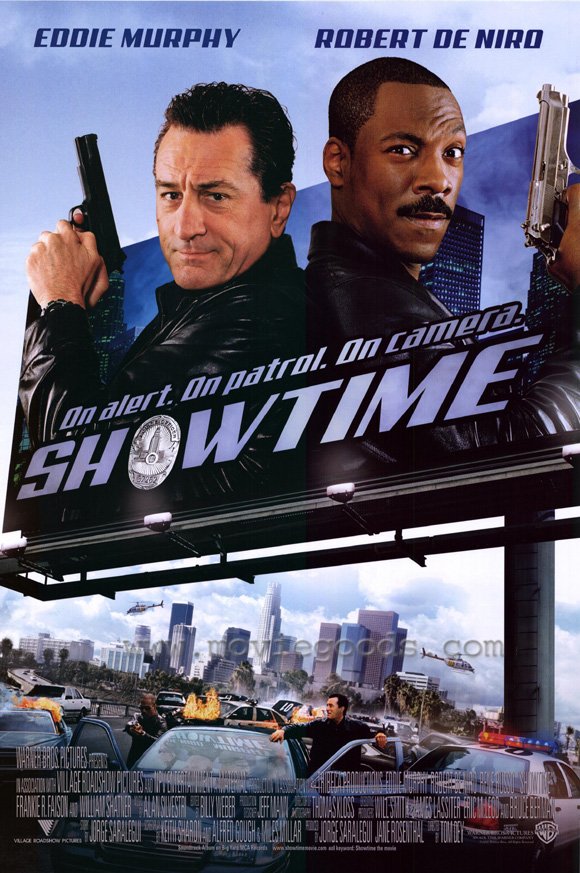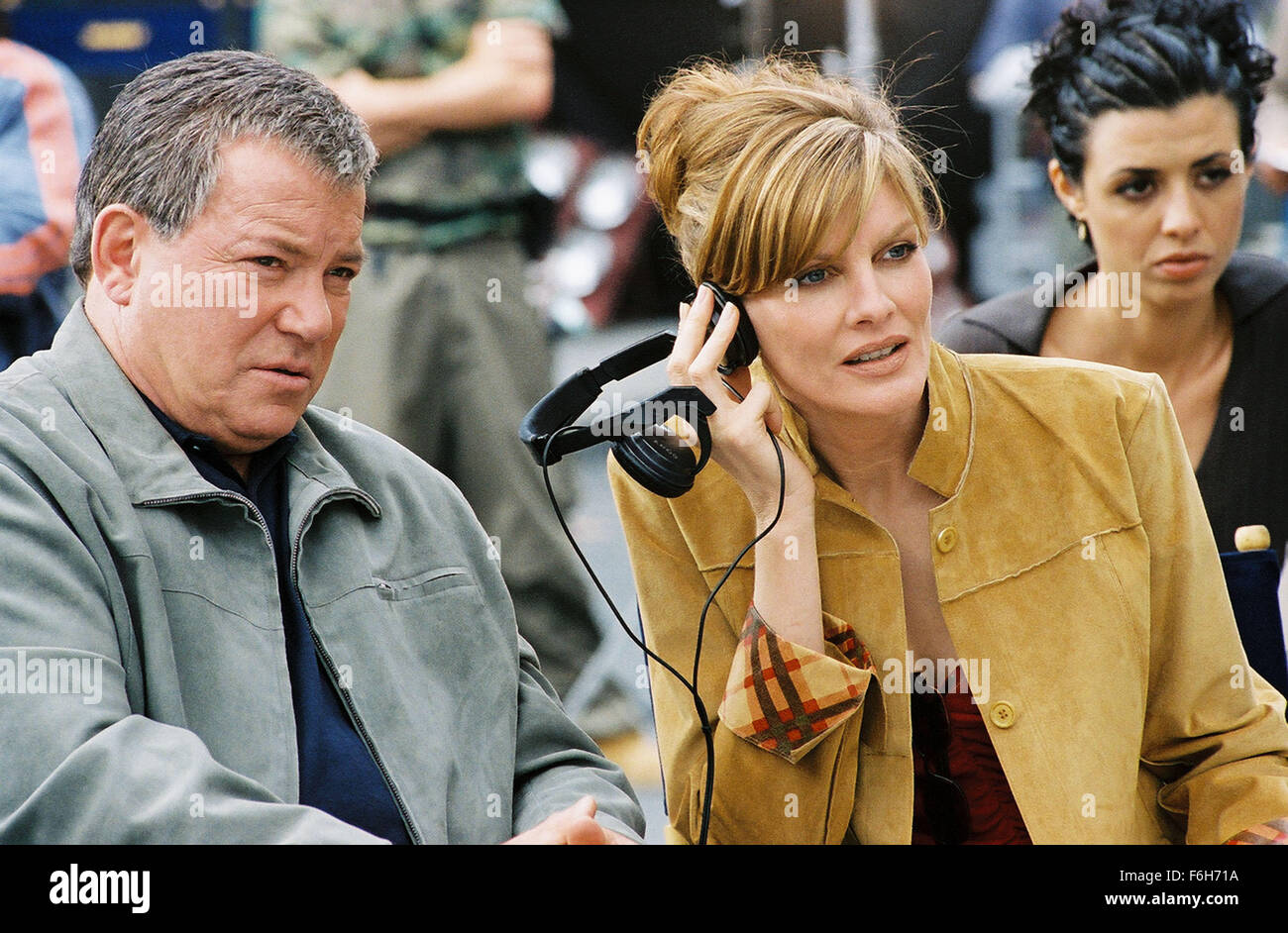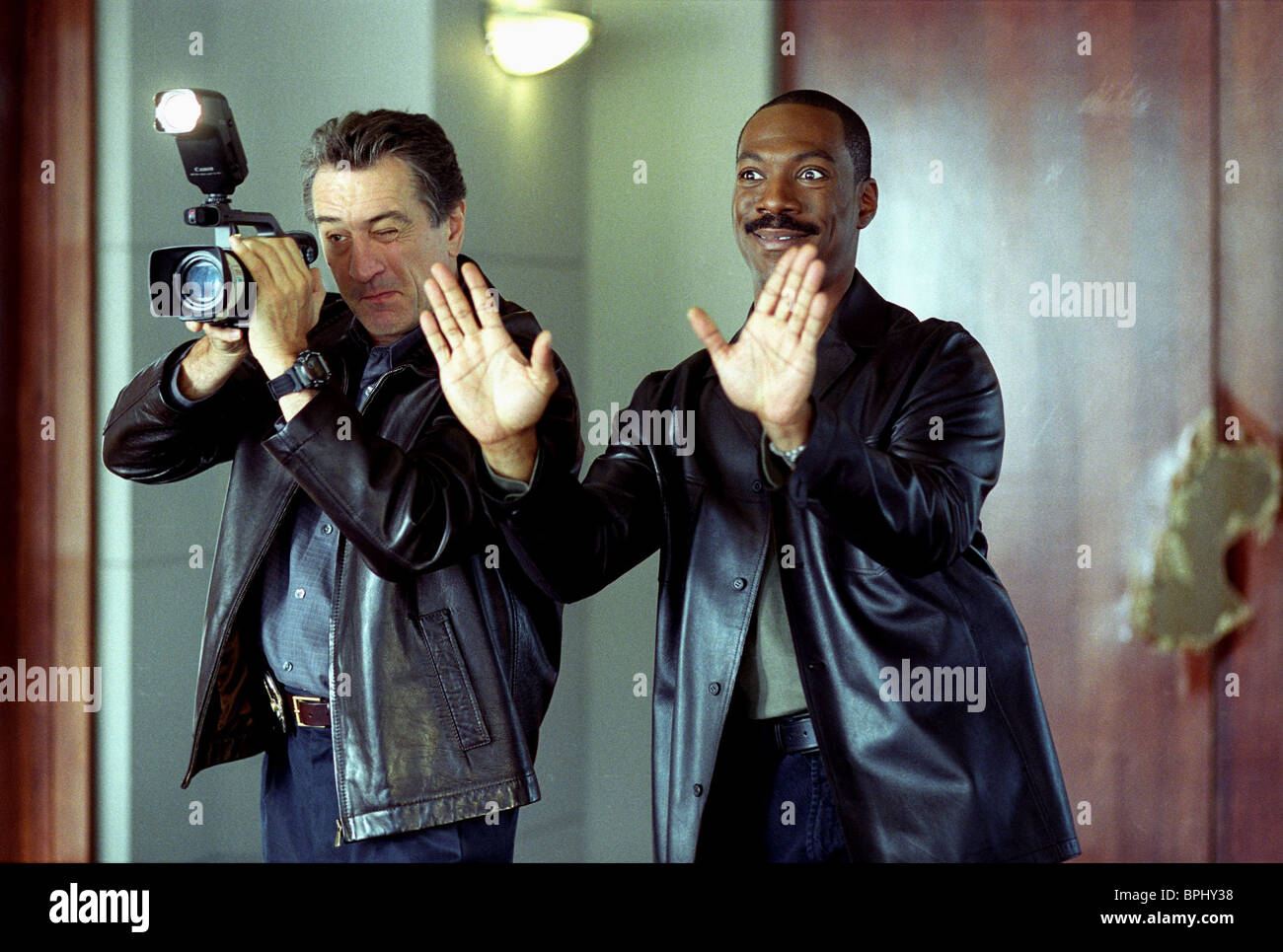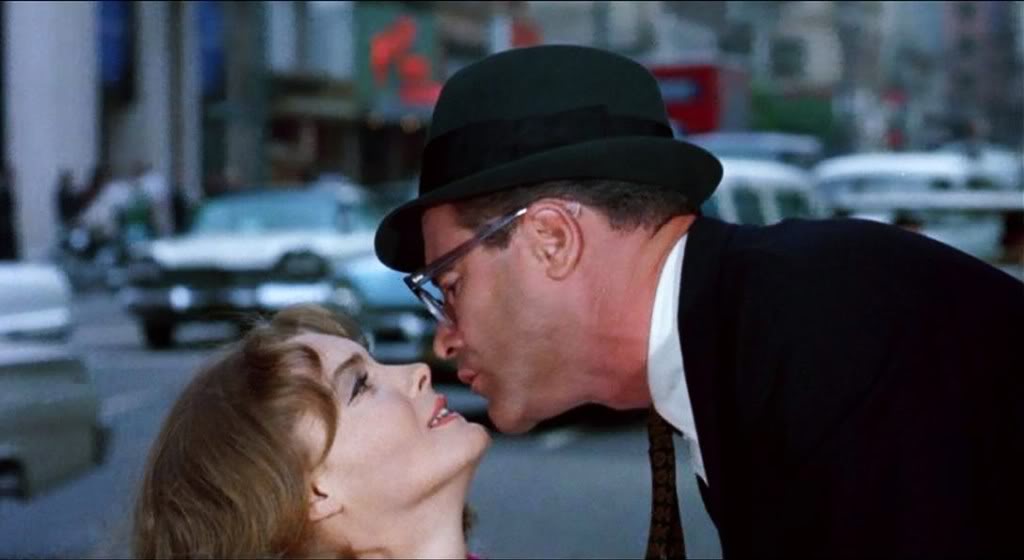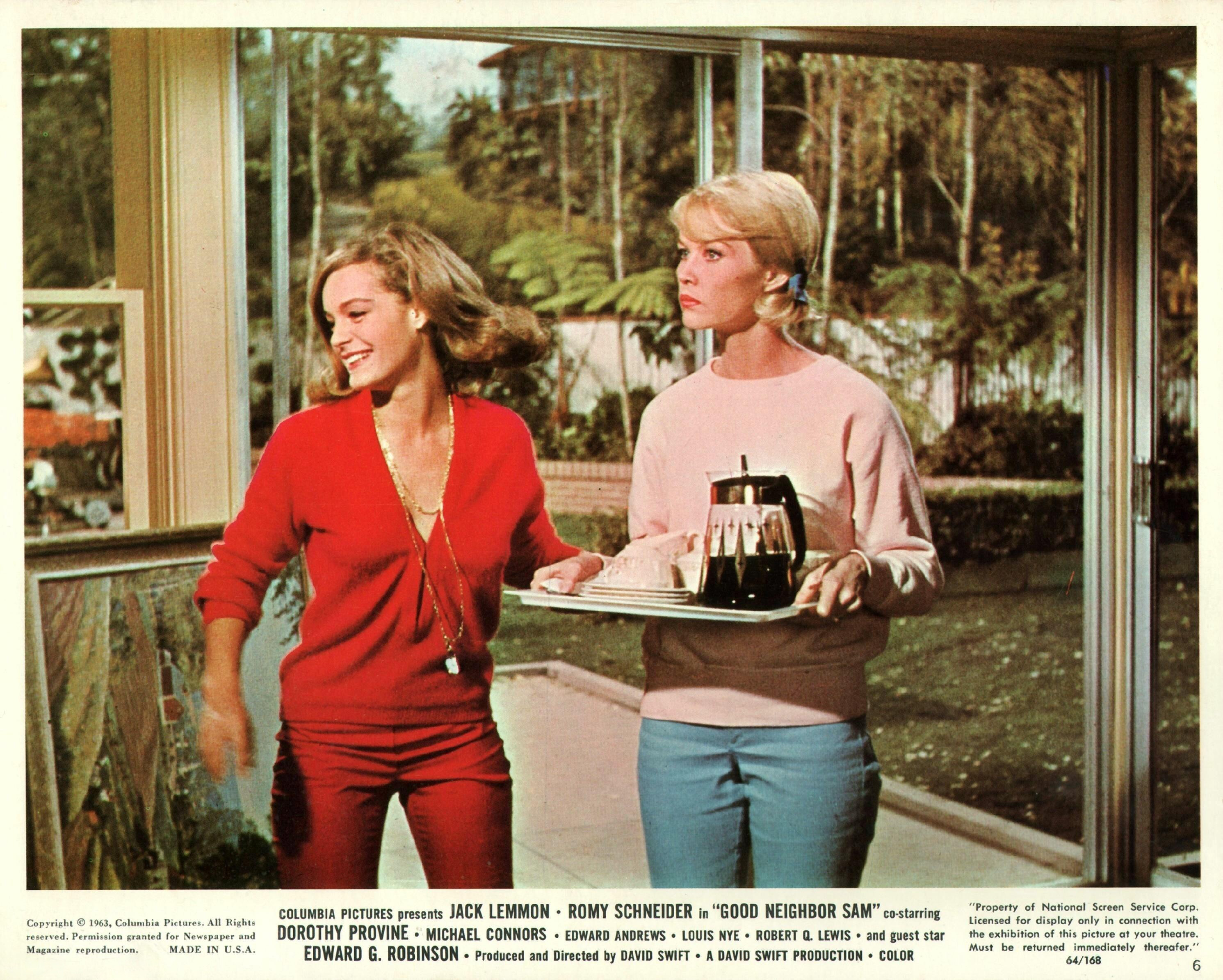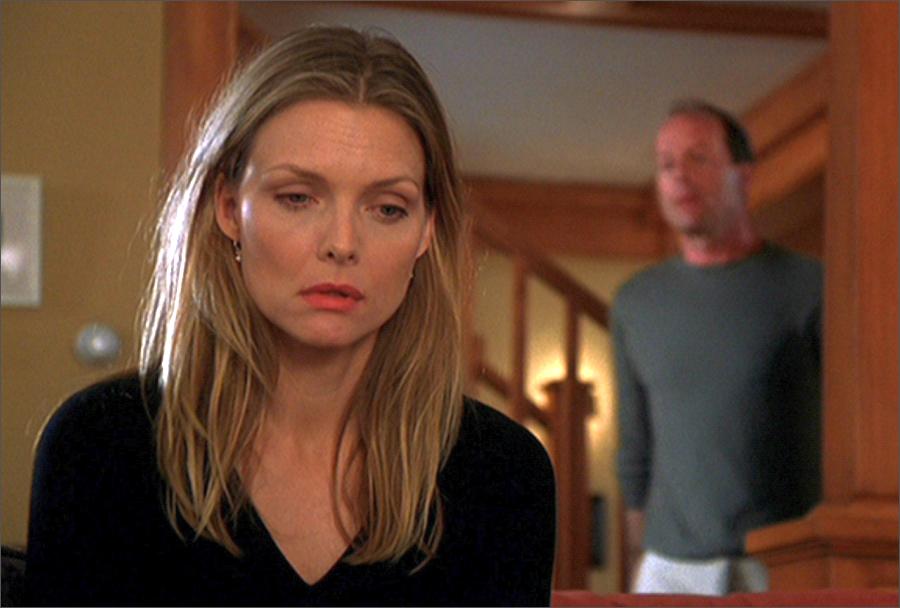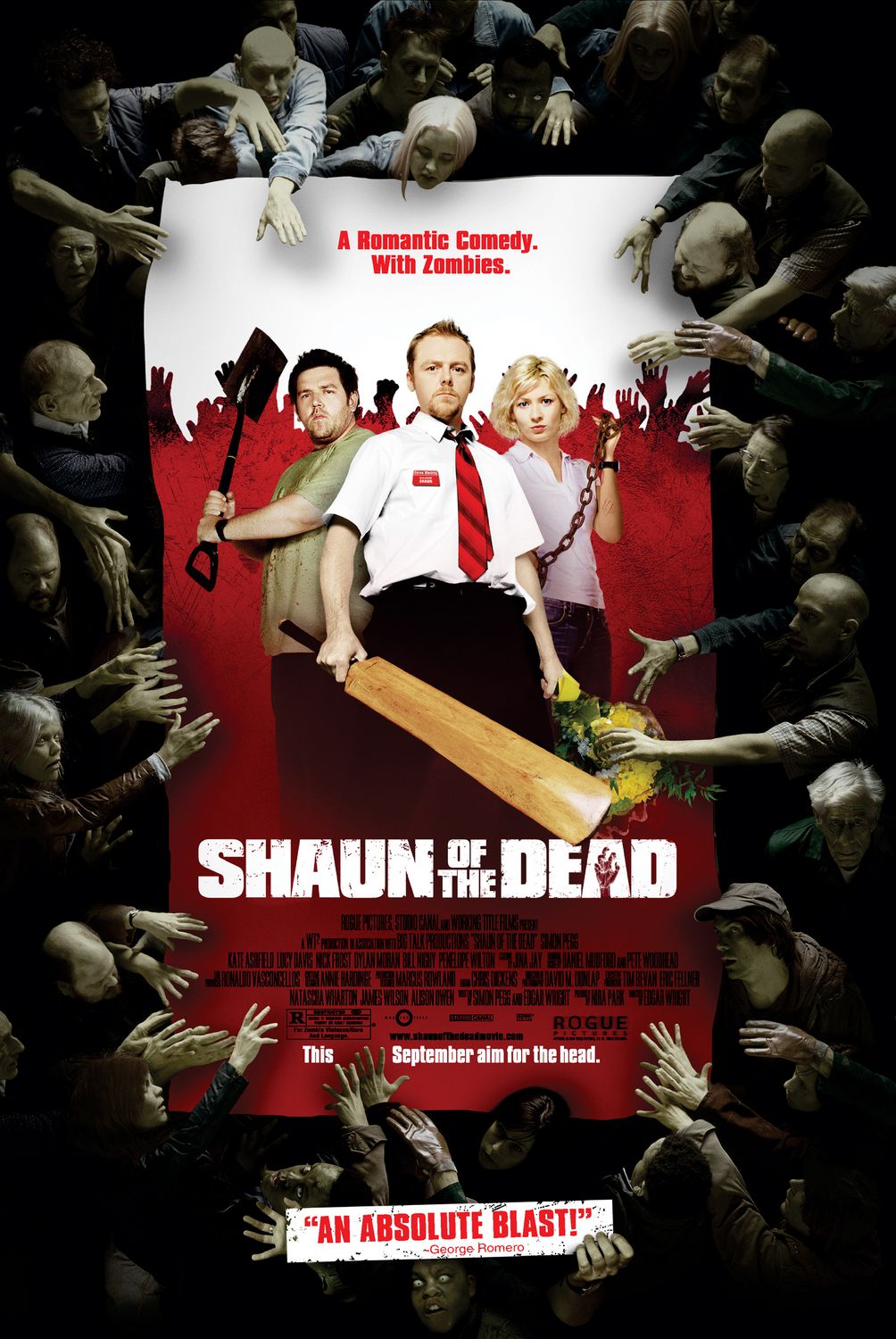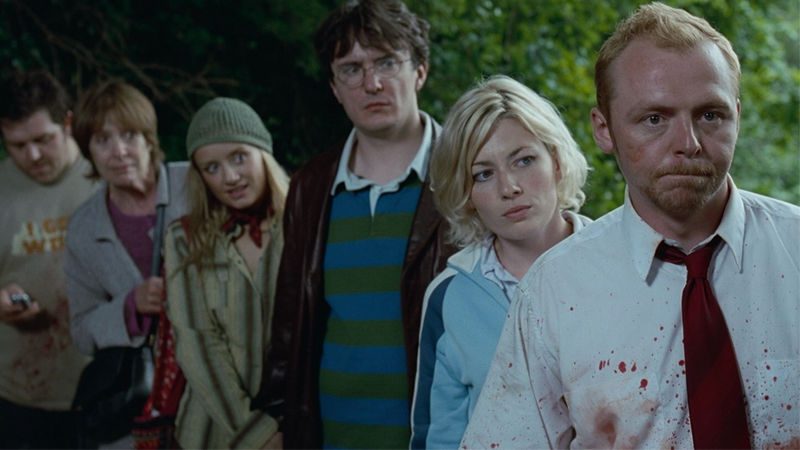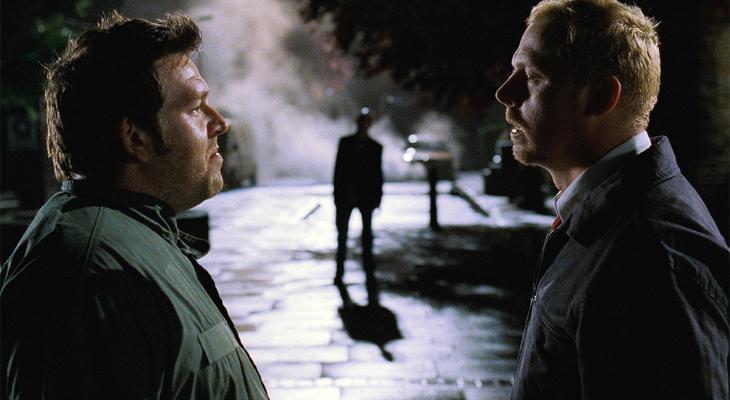Some Kind of Hero
Richard Pryor plays it relatively straight in a 1982 comedy called Some Kind Hero, which actually takes on a serious topic but the writers can't seem to decide whether or not they really want to make a serious movie.

Pryor plays Eddie, a war veteran who was a POW for five years and upon his return, learns that his girlfriend (Lynne Moody) has left him for another man and sold his business and that the military is being VERY slow regarding the veteran benefits that he is owed so he decides that he has no other option but a life of crime, complicated by his beginning of a relationship with the traditional hooker with a heart of gold.

James Kirkwood Jr. and Robert Boris have adapted a screenplay from Kirkwood's novel that really wants to delve into some serious issues but just skirts around them. The way a lot of Vietnam veterans were treated by the government upon their return to the States could have been the genesis for an important and more serious movie and the intent is clear, but the execution never quite matches the intent, as a lot of legitimate issues are given short shrift and/or contrived and convenient answers that just don't wash.

I was intrigued by the idea of casting Richard Pryor against type, because this film was made during a part of his career where Pryor was making a lot of crappy movies and something off the grid was in order for him, but this confusing story that can't decide whether it's going to be a clever social satire or a serious indictment on how difficult life was for returning war veterans never really makes a commitment either way and if it's supposed to be a combination of both it just didn't work.

Pryor appears to be just as confused as the viewer here...he has some funny moments in the opening scenes when Eddie is still a prisoner of war, but once the story moves to the States, Pryor just looks embarrassed and confused and has absolutely NO chemistry with Margot Kidder, who fails to convince as a hooker. Ray Sharkey and Ronny Cox make the most of thankless roles, but this movie is just messy and dull. The best thing about this movie is its running time...mercifully short.
Richard Pryor plays it relatively straight in a 1982 comedy called Some Kind Hero, which actually takes on a serious topic but the writers can't seem to decide whether or not they really want to make a serious movie.

Pryor plays Eddie, a war veteran who was a POW for five years and upon his return, learns that his girlfriend (Lynne Moody) has left him for another man and sold his business and that the military is being VERY slow regarding the veteran benefits that he is owed so he decides that he has no other option but a life of crime, complicated by his beginning of a relationship with the traditional hooker with a heart of gold.

James Kirkwood Jr. and Robert Boris have adapted a screenplay from Kirkwood's novel that really wants to delve into some serious issues but just skirts around them. The way a lot of Vietnam veterans were treated by the government upon their return to the States could have been the genesis for an important and more serious movie and the intent is clear, but the execution never quite matches the intent, as a lot of legitimate issues are given short shrift and/or contrived and convenient answers that just don't wash.

I was intrigued by the idea of casting Richard Pryor against type, because this film was made during a part of his career where Pryor was making a lot of crappy movies and something off the grid was in order for him, but this confusing story that can't decide whether it's going to be a clever social satire or a serious indictment on how difficult life was for returning war veterans never really makes a commitment either way and if it's supposed to be a combination of both it just didn't work.

Pryor appears to be just as confused as the viewer here...he has some funny moments in the opening scenes when Eddie is still a prisoner of war, but once the story moves to the States, Pryor just looks embarrassed and confused and has absolutely NO chemistry with Margot Kidder, who fails to convince as a hooker. Ray Sharkey and Ronny Cox make the most of thankless roles, but this movie is just messy and dull. The best thing about this movie is its running time...mercifully short.
Last edited by Gideon58; 02-06-19 at 11:13 AM.




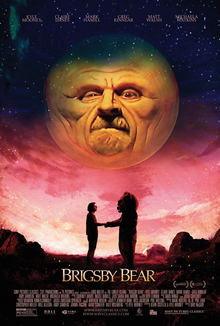
/cdn.vox-cdn.com/uploads/chorus_image/image/52955629/31123663051_bc4d1dd393_o.0.jpg)


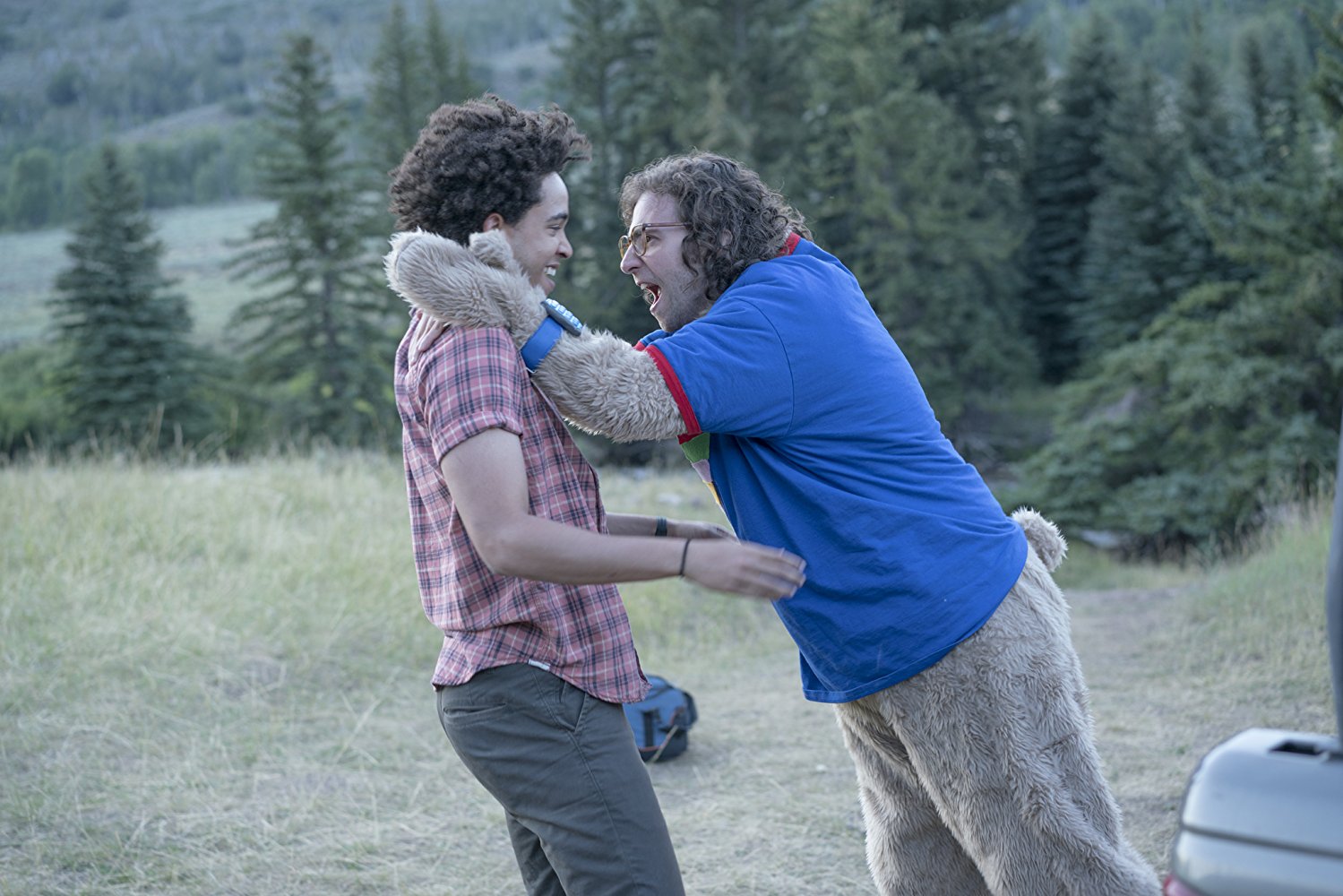
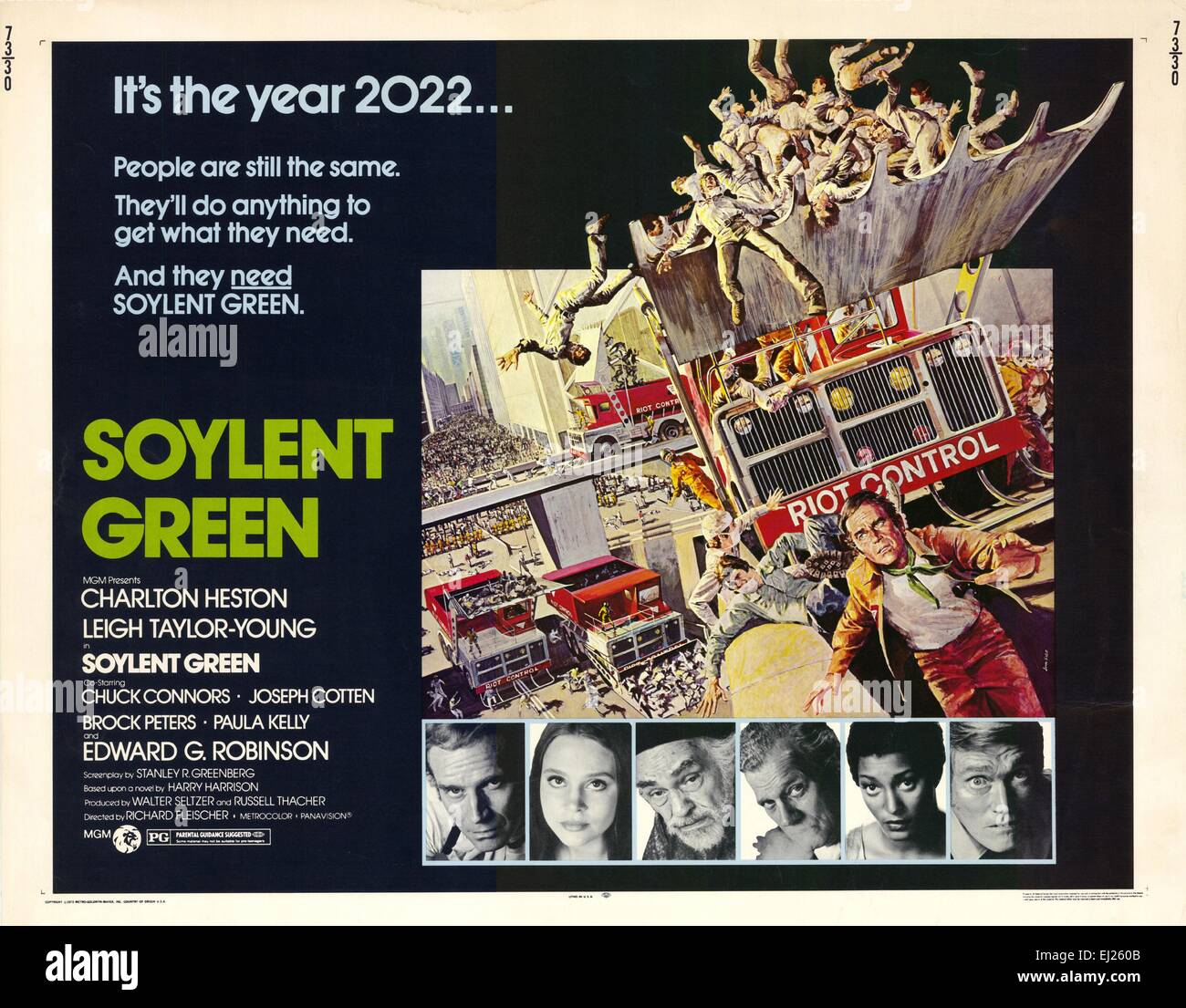




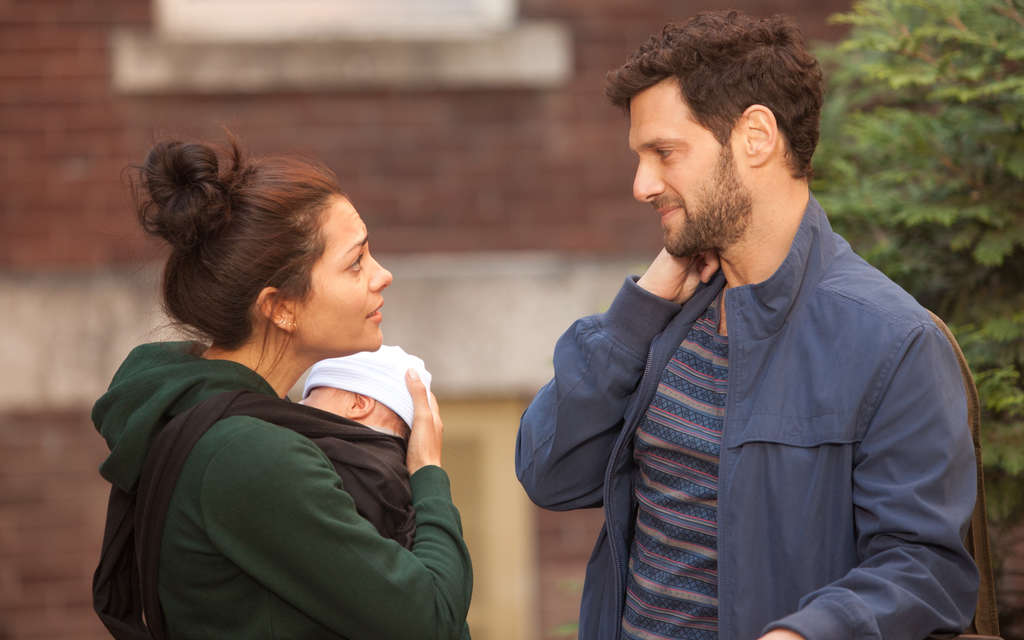






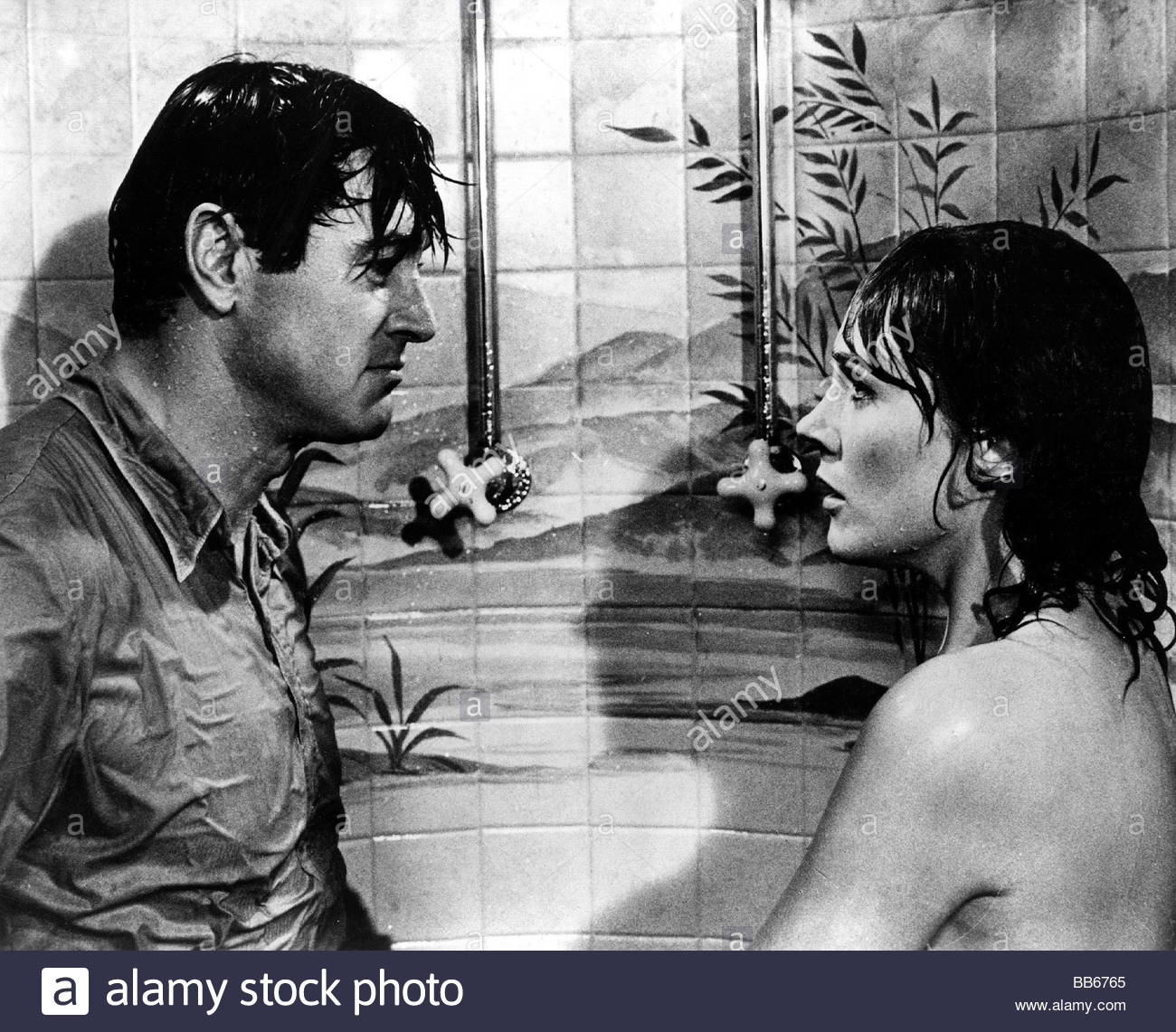

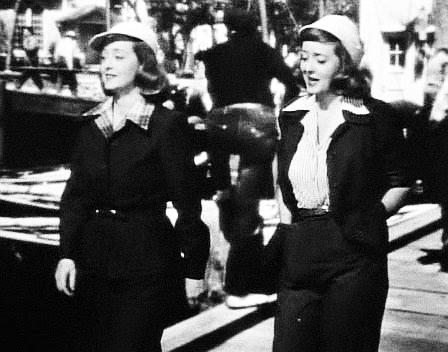






 .
.





 .
.
